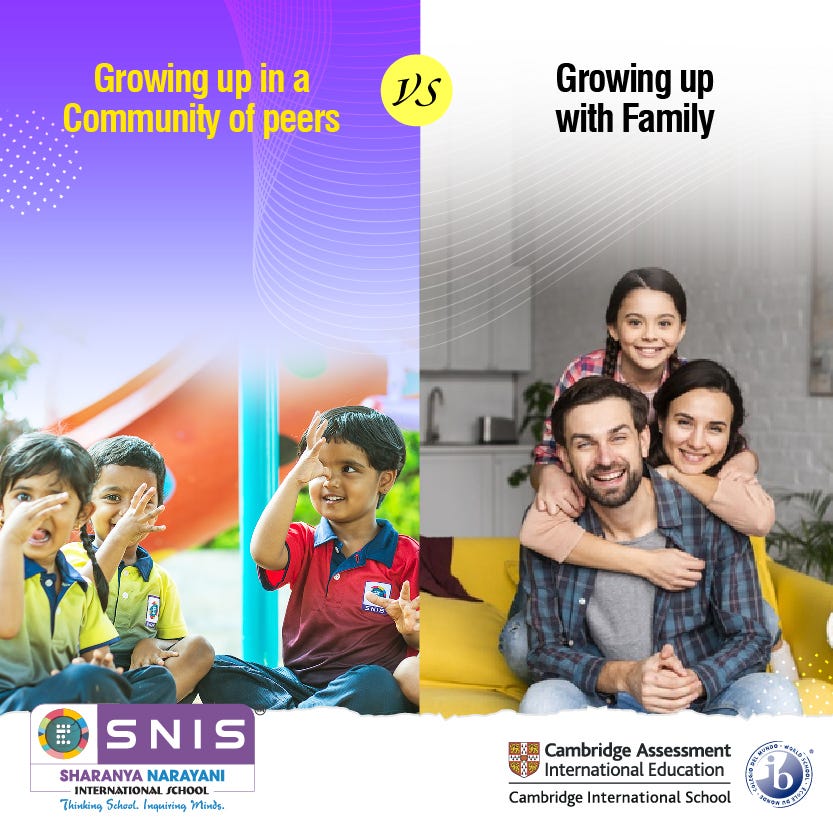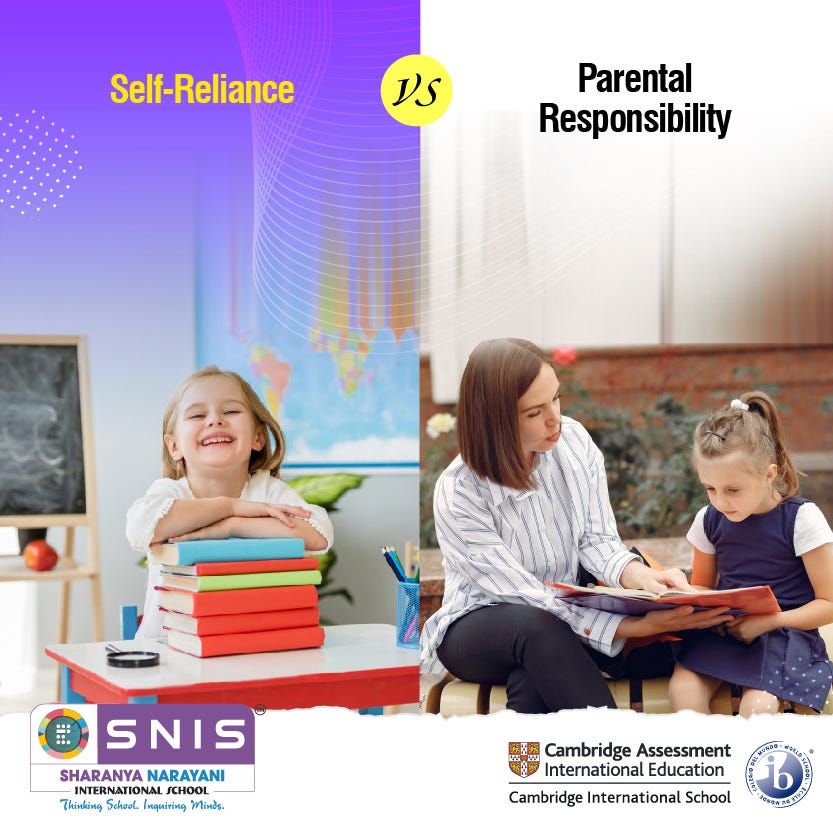Boarding Schools VS Day Schools
While every educational institute strives to equip their students with the best knowledge and skill to build a gleaming college career, their teaching approach and the learning atmosphere makes a big difference in a child’s personal progress. As we look at the things that differentiate a typical day school from a boarding school, there’s more than what meets the eye at a swift glance.
Let’s look at some core differences that boarding school and day school education can make in your child’s development.

24-hour Educational Environment VS 8hrs of Day school
Immersed in an all-time educational atmosphere, a boarding school is a place where children never stop learning. The students are constantly under the supervision and care of their mentors at a boarding school, which is cut down to 8hrs of classroom learning at a day school. At boarding, children are constantly exposed to an atmosphere of growth and inculcate important life skills even outside the classroom; while it is a comparatively relaxed school routine at day schools, where students head back home to a million other distractions. Most residential schools are also very strict with homework and assignments, ensuring the children complete all the work they’re assigned in a given time and a distraction-free environment.

Round-the-Clock Opportunities for Extra-Curricular Activities VS Once-in-a-week
The round-the-clock opportunities for sports and extra-curricular activities that children can try their hands at boarding are typically one of the biggest advantages of residential boarding education. Boarding schools have the best facilities and a wide range of activities to offer students in sports, arts, music, dance, club activities, and specialized labs for computers, science, and robotics; with high-quality equipment and training programs that are far more extensive than those available at a day school. These activities help children to learn through active play, engaging their minds in creative ways to explore their hobbies and interests in non-academic areas for holistic development.

Growing up in a Community of peers VS with Family
Children experience life in a completely different way of boarding. Unlike life at a normal day school, where the school is only a part of a child’s daily life; boarders live, learn and grow in a family of friends at boarding. This community approach at boarding provides their students with an early opportunity to build their own social life in a peer-backed environment, cultivating friendships that last a lifetime. As much as a normal day school provides comfort for children to live with their parents, there are times when homesickness can eventually strike at boarding. Although children studying at a day school spend more time with their family, boarding schools allow students to spend quality time on the weekends, actually improving family relationships.

A Strictly Disciplined Lifestyle VS a Normal School Routine
Children studying at boarding are encouraged to take responsibility for their daily chores and follow a strict disciplinary routine; whereas in a normal school routine, parents may find themselves nagging at their children to finish up the homework or clean their messy rooms. At boarding, children also learn the art of self-discipline and develop good habits that they essentially carry throughout their life. Along with children gaining international exposure, they also get a more rigorous education at International Baccalaureate boarding schools under the constant eye of their supervisors and mentors. At a typical day school, children don’t get to experience this self-disciplined lifestyle, as they’re basically brought up in a familiar environment, with to do and act as they like under the much lenient care of their own parents.


